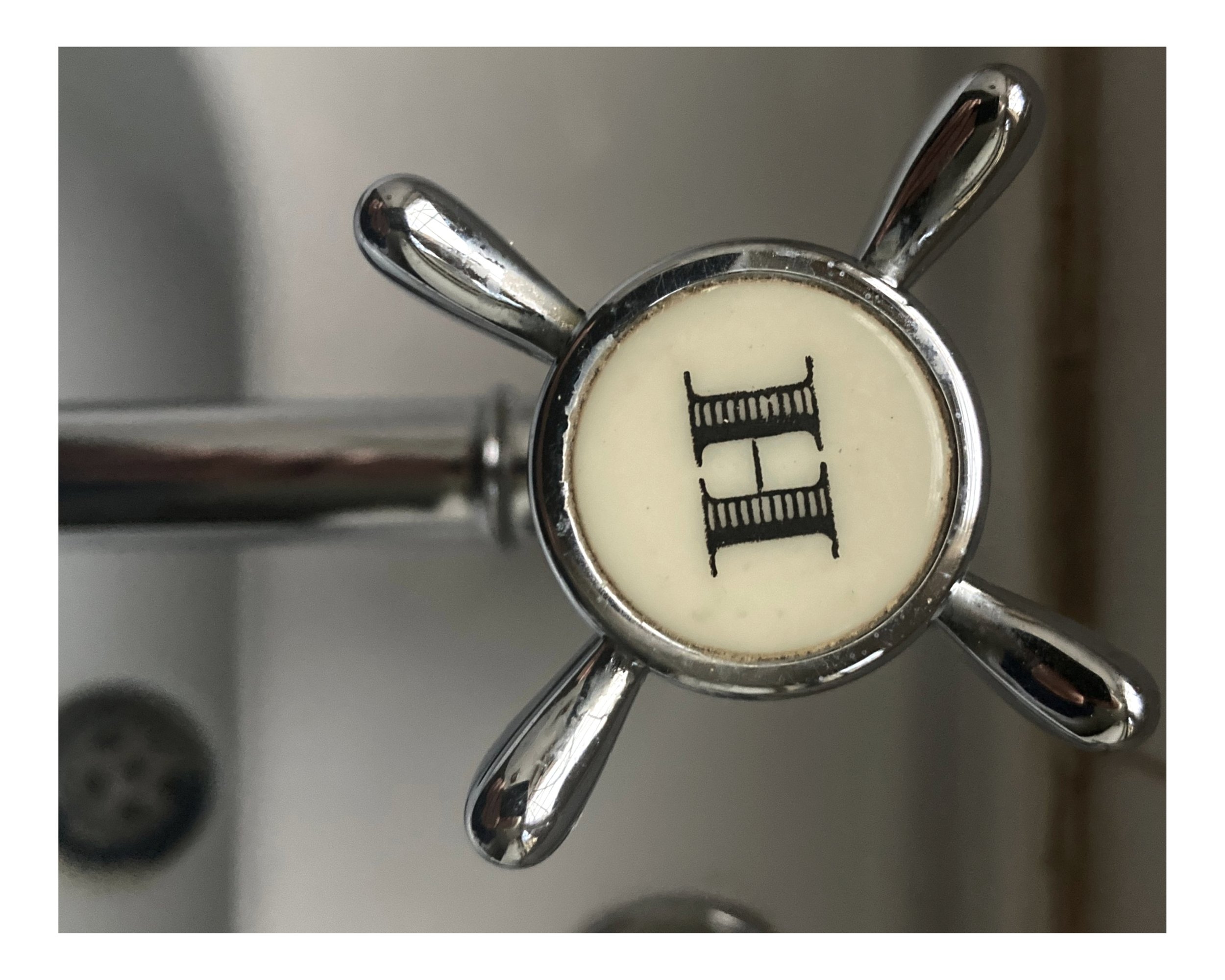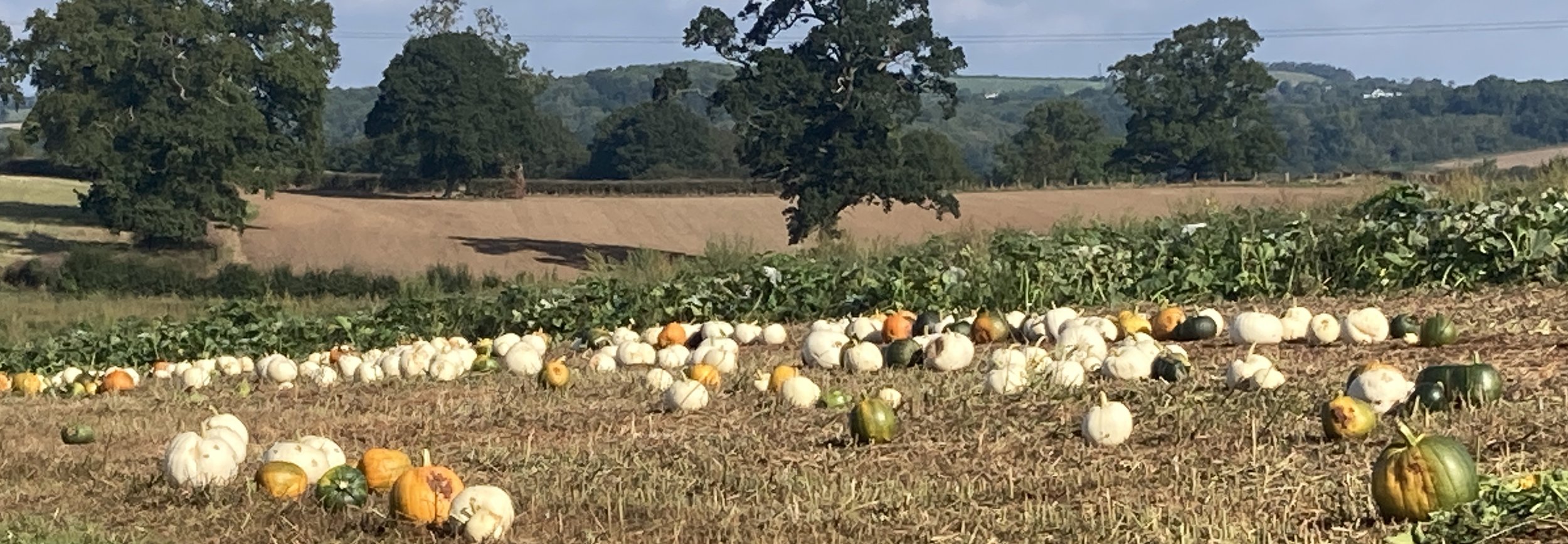
OCTOBER NEWS
This year, 28 students from the University of Bath have volunteered to help Farrington Gurney find ways to become greener.
They’ll do this through what’s known as a Vertically Integrated Project (VIP) which brings university students from different disciplines to work together on a specific assignment. In the next months, the newsletter will introduce you to the VIP volunteers. Here are a few:

Fanny Udry. Until not so long ago, I grew up in a small village in Switzerland. Nature and sustainability have always been a huge part of my life and I would like to develop bio-diversity and to go through this journey with you to learn and think about solutions for a more sustainable future.

Liam Sun. I’m interested in the sustainability field, and the main reason I attend this VIP project is to provide our ideas so we can improve the village’s sustainability together and help to make our society better.
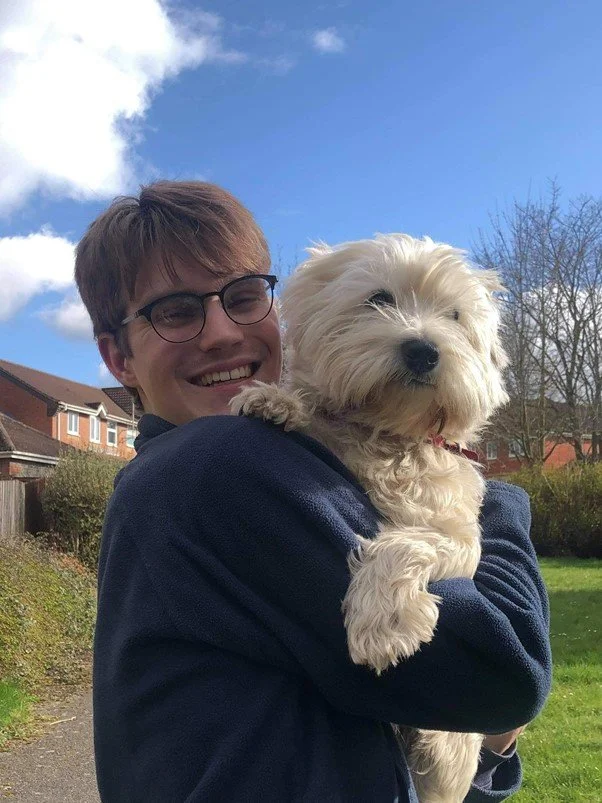
Thomas Hudson. I am currently studying mathematics. Also, I am an avid reader of Terry Pratchett, with an interest in rewilding and sustainable farming.
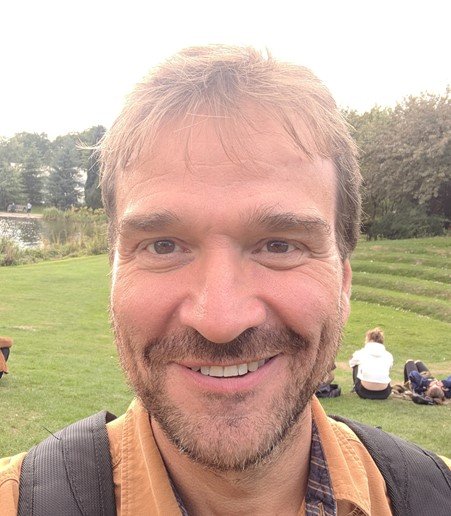
Andrew Wainwright. I'm doing a PhD on Climate Change. I'm interested in the many ways in which small communities can use district heating, generate renewable energy and change land use to genuinely reach zero emissions while simultaneously restoring biodiversity.

Paul McLean. My motivation for this is essentially a sense of moral imperative and my interest is to find workable economic solutions for FG and broaden my own knowledge on the subject.

Marios Contopoulos. I am a maths student who wants to contribute to the fight against climate change.
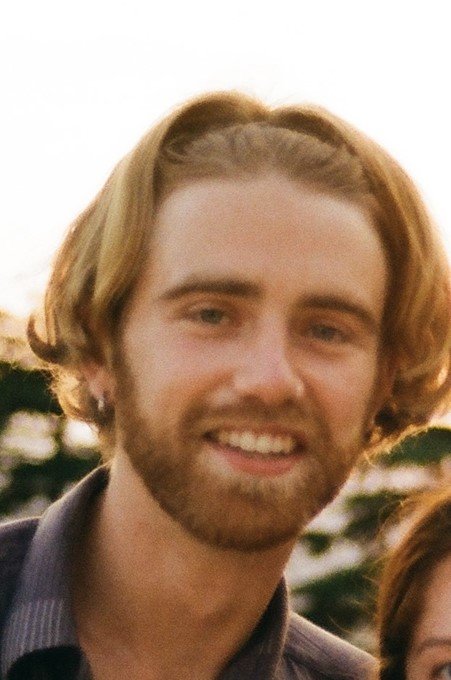
Thomas Roberts. Studying environmental design, passionate about creating affordable, comfortable and alternative spaces that allow people to feel closer to nature.
The project has 3 phases
1. Research and estimate the carbon footprint of the village.
2. Research different ways to reduce this, to provide a menu of options for residents, businesses and organizations in the village.
3. Monitor improvements and make further recommendations for greater effect.
The idea is simple: not to tell anyone what to do, but to offer a wide range of practical options that are suitable for where we live.
(Of course, we are also hoping that we can set a trend for how any village can improve the environment, but first we have to prove that we can do it!)
On Friday November 12 at 8pm the students will present their plans for the project.
Come along to meet the team and to share suggestions and questions.
As an extra treat: 12 small oak trees (thanks to Kath Wade, who grew them from acorns) will be raffled off to anyone who wants a new, beautiful and long lasting contribution to improve the air quality – and the beauty – of our home.
Please come to the Village Hall on Friday November 12 at 8!
Waste not ...
Refillables are a great way to use less plastic. That means less waste and less need to recycle. Less recycling means fewer trucks on the road which means cleaner air.
We’re lucky to have 2 great local shops that provide refillable products:
Farrington’s Farm Shop: Now offers laundry and kitchen cleaning products as well as hand and body lotion, soaps, bodywash, shampoos and conditioners – all sold in refillable containers that you buy once and use again and again. And that’s not all. Refillable pet food is for sale – and not just for cats and dogs. Birds, rabbits, rats, gerbils, hamsters, ducks and chickens are catered for too. We are in this together, as they say.
FillerUp (62 Frome Road, Radstock) sells coffee, sugar, tea, flour, pasta, rice, household cleaning, bathroom and personal care items in a loose/refill format. All of their products have been carefully sourced from local businesses and suppliers. Just bring your own containers (or buy some there) and fill with as much or as little as you like without any unnecessary packaging! They like to call it Fill Good Shopping.
Freecycle
Amber Chivers runs a Facebook Freecycle page, where neighbours can ask for things they need — and offer things they don’t need any more. Everything from a needle and thread to a child’s bike, spare broccoli plants, a chimney capper to sand bags. It’s quick and easy - and you know that whoever is offering is not far away.
More ways to use less ...
There are all kinds of apps identifying free stuff or goods to swap. Here are just a few. Know any more? Let us know at green.farrington@gmail.com
OLIO: Have too many apples? Post them on Olio. OLIO connects neighbours with each other and with local businesses so surplus food can be shared, not thrown away. This can be anything from food nearing its sell-by date in local stores, spare home-grown vegetables, those caramels your gran gave you that you never liked or groceries in your fridge when you go away. For your convenience, OLIO can also be used for non-food household items too.
OLIO has been around for a few years and is already a carbon negative company – which means that it prevents more carbon emissions than it creates to run the business. And they’re redesigning their website, because they discovered that some of their emissions are caused by inefficient design. But the main thing they do is provide a platform to reduce waste.
TRASHNOTHING Another app for people giving away unwanted products. Sidetables, tractor tires, treadmills, you name it…somebody wants it.
…and as for Halloween?
If you don’t like pumpkin soup, fill your empty pumpkin with seeds and leave the whole thing out for the birds. A gigantic Halloween treat.
And if you’re in the food business, try WINNOW. Almost 900,000 meals go to waste in the UK every day – because they haven’t been sold in time. But the Winnow team invented a way to measure and analyze where waste occurs most often – and how to eliminate it. So effectively, that they’re shown that restaurants can make a profit of £7 for every £1 they invest in reducing food waste. Now IKEA uses it, Hilton Hotels use it, maybe your business can use it too.
In Bath, 1.1 million litres of hot water flow through the Roman Baths from underground springs. Most of it used to travel straight past the Abbey and into the river. But in March, Bath Abbey switched on a swanky new underfloor heating system. The technology is state of the art. But the source of the heat is as traditional as it gets: the hot spring water that gushes, at a steady 37°C, through a Roman drain built nearly 2,000 years ago. The scheme should produce 1.5MW of continuous energy, just by using the spring water.
There may be quite a lot of hot water underground. The National Coal Board has found that quite a bit of it is in closed coal mines. Does that mean those mines might have a second lease of life? We don’t know yet … but the VIP will try to find out.
Thinking about buying an electric car?
A number of village residents have taken the plunge, but a lot more have lots of questions.
Would you be interested in a get together – those with EVs, and those thinking about it – for an honest conversation about the pros and cons? If so, take the survey below or send us an email (green.farrington@gmail.com) – and encourage your friends and neighbours to do so too. With enough interest, we’ll organize a gathering and see what we can learn together.
If you’re interested, take the survey
Want to know more?
Information about the environment can feel overwhelming. Here are a few popular sources of current information:
Radio 4 has just started a second series of 39 Ways to Save the Planet. And there’s an eco shopping guide Shop Well for the Planet
Both are available online and via BBC Sounds
A Better Planet: 40 Big Ideas for a Sustainable Future is just what it says on the cover. Not the easiest read but full of great ideas and new research. Available from all good bookstores – or email green.farrington@gmail.com if you want to borrow a copy!
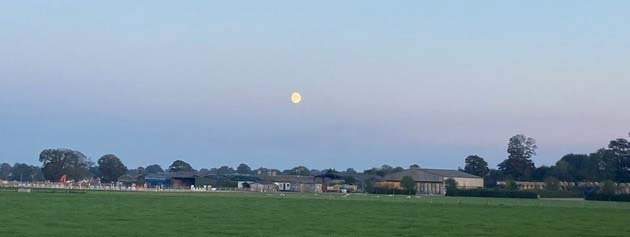
And last but not least: GOOD NEWS
There are already 2 countries in the world that are carbon neutral: Bhutan and Surinam. It’s not a lot, but it is a start.
As of September 2021, no country in the world uses leaded petrol any more. Lead was first introduced into petrol in 1922, to make the fuel burn more evenly. Almost immediately it was found to have bad side-effects – pollution, brain damage, heart disease, strokes and even a rising crime rate. It was first banned in Japan and Europe in 2000.
The last country to get rid of it? Algeria. But now it is GONE.



